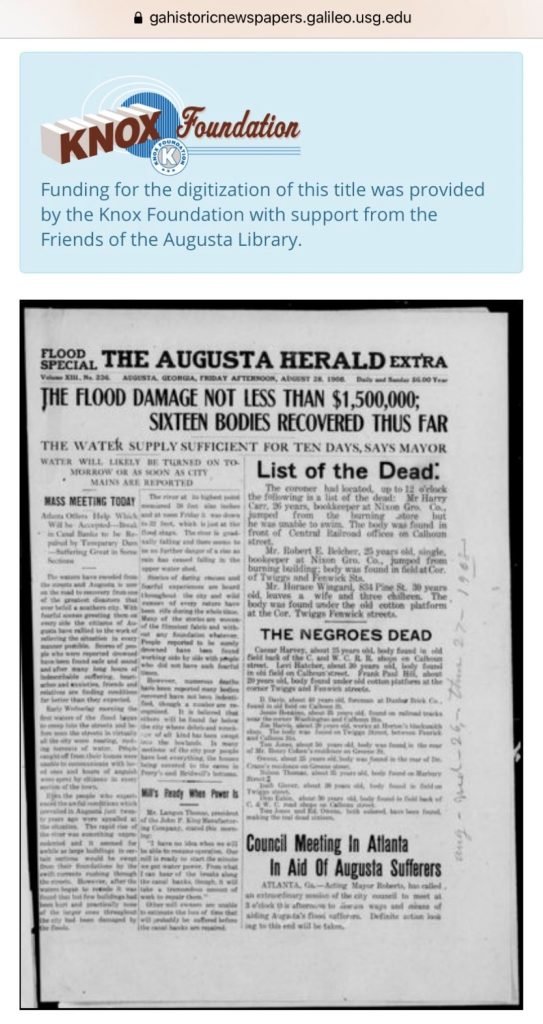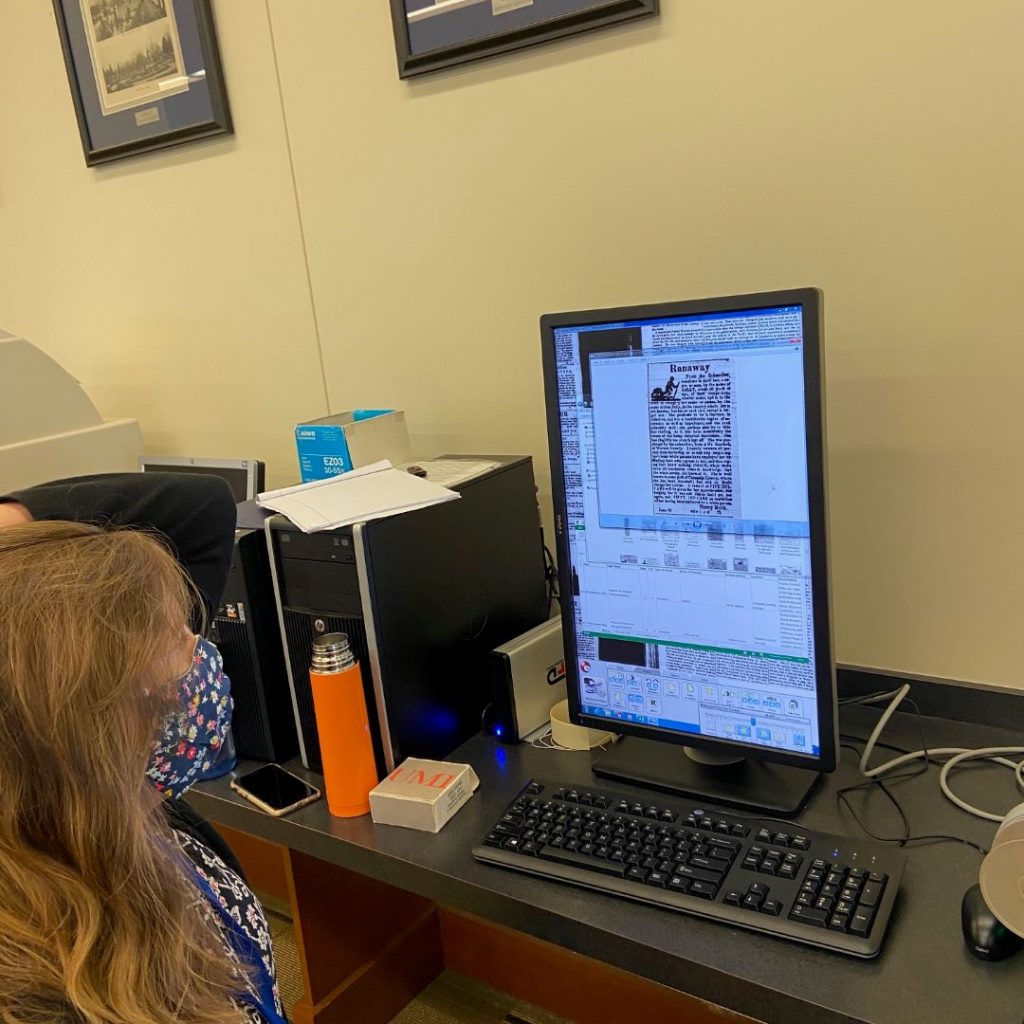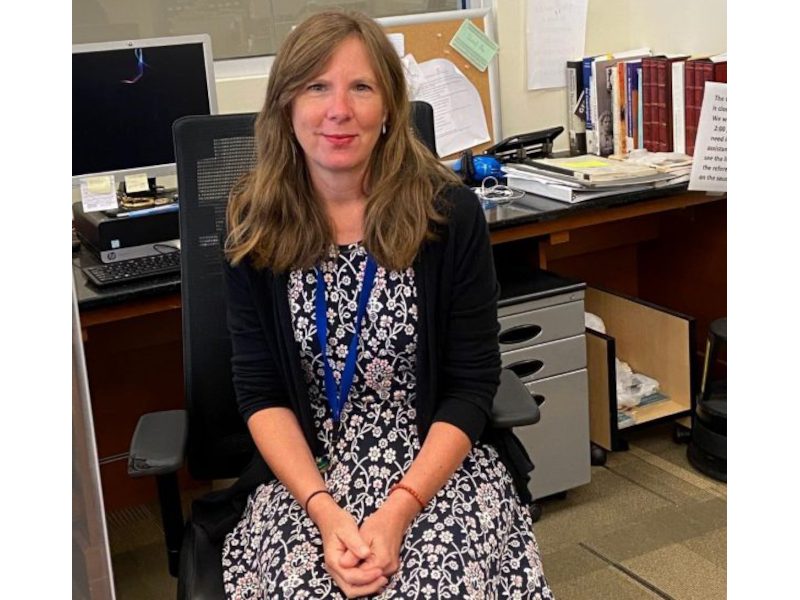Tina Monaco never had much interest in genealogy until she became the historian in the Augusta-Richmond County Public Library’s Georgia Heritage Room.
Websites such as ancestry.com have made genealogy more accessible to people, but those sites are limited in their factual information, said Monaco.
“Only five percent of records are digitized,” said Monaco, who knows about some of the challenges associated with digitizing information.
MORE: Augusta Libraries Have Busy Summer Schedules
She worked to digitize the “Augusta Herald” newspaper from 1898 to 1908, “The Augusta Daily Herald” from 1908 to 1914 and the “Augusta Herald” from 1914 to 1924.
Monaco said she stopped at 1924 because of copyright laws.
“The project marks the first time 20th-century Augusta newspapers have been made freely available online to the public,” according to a news release. The “Augusta Herald” started in 1890 and ceased publication in 1993.
The idea for Monaco’s current digitization project came about after combing through pre-Civil War obituaries and other articles in “The Augusta Chronicle.” She found many articles about runaway slaves.

“I thought, ‘I need to be pulling these. Nobody else has done this,’” she said.
She started with the paper in 1786 and has made it through 1828, finding more than 1,700 of the listings. She plans to continue researching records until she reaches the data at the start of the Civil War.
[adrotate banner=”19″]
Monaco said the listings are important because it’s often difficult for African-Americans to find documentation about their ancestors prior to the Civil War. They provide physical descriptions as well as details about the skill or craft the enslaved person may have had. Combined with information on the slave holder, those notices provide additional pieces to the genealogical puzzle.
One notice Monaco recently worked on was for an enslaved woman named Sally who had a “slender make and is in the habit of changing her name.” She’s also described as “talkative” and can read, although she might pretend not to be able to.

Monaco said the process is time consuming as she’s scrolling through rolls of microfilm to find the records.
Other resources in the Georgia Heritage Room include a variety of bound materials. The room offers city directories dating back to 1841, Georgia Death and Marriage Indexes, phone books, books on the history of different towns such as Dunbarton, S.C., which ceased to exist as construction began on what is now the Savannah River Site. Specialized resources include funeral programs in the Eula M. Ramsey Johnson Memorial Funeral Program Collection, programs from Augusta Players and Augusta Symphony productions and high school yearbooks.
In addition, Georgia and South Carolina census records are available on microfilm, as is The Augusta Chronicle.
MORE: Yerby Institute Honors Author
The room also offers space for specialized exhibits.
Monaco said the holidays are often a time to place family cookbooks on display. Cookbooks are a resource for families because it’s often difficult for people to learn about their female ancestors.
To learn more about the heritage room, call (706) 826-1511 or visit arcpls.org.
Charmain Z. Brackett is the Features Editor for The Augusta Press. Reach her at charmain@theaugustapress.com.
[adrotate banner=”41″]











